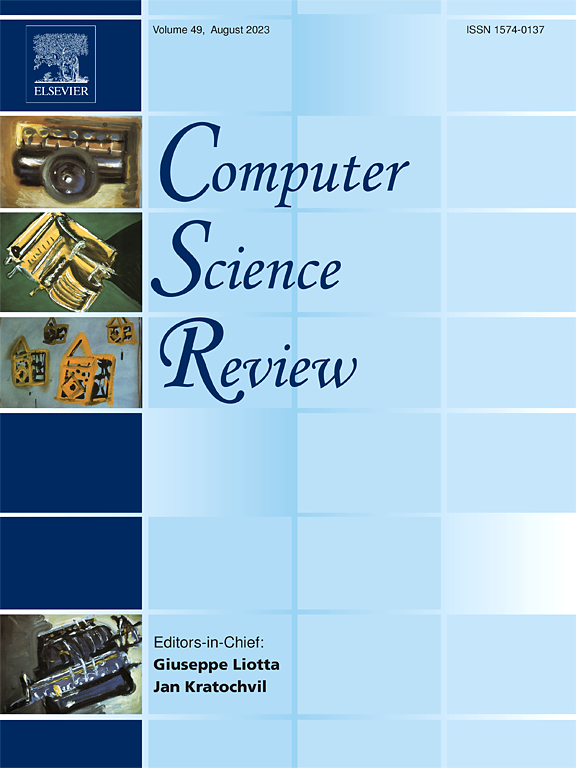Explainable AI for the diagnosis of neurodegenerative diseases: Unveiling methods, opportunities, and challenges
IF 12.7
1区 计算机科学
Q1 COMPUTER SCIENCE, INFORMATION SYSTEMS
引用次数: 0
Abstract
Artificial Intelligence (AI) has exhibited significant potential in diagnosis and operational efficiency across medical domains. Nevertheless, the opacity of the AI-driven diagnostic models creates a major roadblock to clinical deployment. Explainable Artificial Intelligence (XAI) techniques have emerged to improve physician trust and transparency in AI-based predictions by addressing interpretability and explainability. This review aims to explore and analyze recent advancements in XAI techniques applied to the diagnosis of Neurodegenerative Diseases (NDs). Based on their approaches toward interpretability, the included studies were categorized into model-agnostic and model-specific techniques. These interpretability techniques provide deeper insights into the factors influencing clinical diagnoses. The review examines various interpretative methods that enhance the transparency of AI-driven models, ensuring alignment with clinical decision-making. This summary reflects all major findings and critical analysis of the responses to the research questions posed. The next stage of analysis describes how XAI enhances model reliability and eases the clinical decision-making process. This review presents a cross-disease comparative evaluation of XAI techniques applied to major NDs such as Alzheimer’s Disease (AD), Parkinson’s Disease (PD), and Multiple Sclerosis (MS), offering a unified perspective on interpretability across modalities and disorders. This study explores existing approaches, highlights their strengths and limitations, and discusses future research directions in this domain.
用于神经退行性疾病诊断的可解释人工智能:揭示方法、机遇和挑战
人工智能(AI)在医疗领域的诊断和操作效率方面显示出巨大的潜力。然而,人工智能驱动的诊断模型的不透明性为临床部署造成了主要障碍。可解释的人工智能(XAI)技术已经出现,通过解决可解释性和可解释性,提高医生对基于人工智能的预测的信任和透明度。本文旨在探讨和分析XAI技术在神经退行性疾病(NDs)诊断中的最新进展。根据其可解释性的方法,纳入的研究分为模型不可知和模型特定技术。这些可解释性技术为影响临床诊断的因素提供了更深入的见解。该综述考察了各种提高人工智能驱动模型透明度的解释方法,确保与临床决策保持一致。这个总结反映了所有的主要发现和对所提出的研究问题的反应的批判性分析。下一阶段的分析描述了XAI如何提高模型可靠性并简化临床决策过程。本文综述了XAI技术在阿尔茨海默病(AD)、帕金森氏病(PD)和多发性硬化症(MS)等主要NDs中的跨疾病比较评价,提供了跨模式和疾病可解释性的统一观点。本研究对现有的研究方法进行了探讨,突出了它们的优势和局限性,并讨论了该领域未来的研究方向。
本文章由计算机程序翻译,如有差异,请以英文原文为准。
求助全文
约1分钟内获得全文
求助全文
来源期刊

Computer Science Review
Computer Science-General Computer Science
CiteScore
32.70
自引率
0.00%
发文量
26
审稿时长
51 days
期刊介绍:
Computer Science Review, a publication dedicated to research surveys and expository overviews of open problems in computer science, targets a broad audience within the field seeking comprehensive insights into the latest developments. The journal welcomes articles from various fields as long as their content impacts the advancement of computer science. In particular, articles that review the application of well-known Computer Science methods to other areas are in scope only if these articles advance the fundamental understanding of those methods.
 求助内容:
求助内容: 应助结果提醒方式:
应助结果提醒方式:


